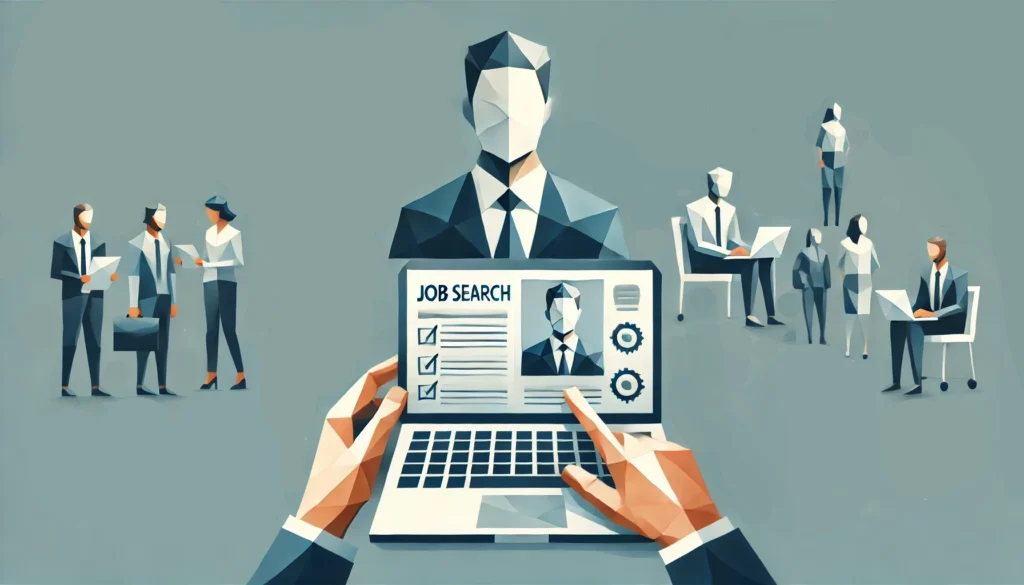
The gender gap in Data Science and AI remains a significant issue, despite the rapid expansion and critical importance of these fields. Women are severely underrepresented, making up only about 20-30% of professionals globally. This gap highlights a broader problem in the tech industry, where systemic barriers and societal biases continue to discourage women from pursuing careers in these domains. However, there is hope on the horizon. A range of educational initiatives, scholarships, and mentorship programs are working to reverse this trend and empower more women to thrive in these crucial areas.
The Persistent Gender Gap in Data Science and AI
The underrepresentation of women in Data Science and AI is a multifaceted issue. It stems from deeply ingrained societal norms that have long dictated gender roles, particularly in relation to education and careers in STEM (Science, Technology, Engineering, and Mathematics). From a young age, girls are often steered away from subjects like mathematics and computer science, limiting their exposure and interest in these fields.
This gendered socialization is compounded by the lack of female role models in data science and AI. When young women do not see themselves reflected in successful professionals within these fields, they may feel that such careers are not accessible or desirable. This perception can lead to a self-reinforcing cycle, where the lack of female participation discourages future generations from entering these fields, perpetuating the gender gap.
Educational Initiatives: A Catalyst for Change
Recognizing the critical need to address these disparities, a variety of educational initiatives have emerged with the goal of encouraging more women to pursue careers in data science and AI. These initiatives are designed to challenge the status quo and provide women with the skills, knowledge, and confidence needed to succeed in these male-dominated fields.
One of the most influential programs is the Women in Data Science (WiDS) Conference. Launched at Stanford University, WiDS aims to inspire and educate data scientists worldwide, regardless of gender. However, its particular focus is on creating a supportive environment where women can showcase their work, network with peers, and develop professionally. The conference has grown into a global phenomenon, with regional events held in over 150 locations worldwide. This widespread reach ensures that women from diverse backgrounds have access to role models and resources that might otherwise be out of reach.
In addition to conferences, many universities and online learning platforms have developed specialized courses and bootcamps aimed at women. These programs often provide a more inclusive and supportive learning environment, addressing the specific challenges that women may face in the tech industry. By tailoring the educational experience to meet the needs of women, these initiatives are helping to build a stronger, more diverse pipeline of future data scientists and AI specialists.
The Power of Scholarships in Breaking Financial Barriers
Financial barriers are another significant obstacle that can deter women from pursuing careers in data science and AI. Scholarships specifically targeted at women are a powerful tool in overcoming these barriers. These scholarships not only reduce the financial burden associated with higher education but also serve as a signal of encouragement and support for women entering these fields.
Programs like the Google Women Techmakers Scholars Program and the Grace Hopper Celebration Scholarships provide financial aid, mentorship, and access to a network of professionals in the tech industry. These scholarships are not just about funding education; they are about creating opportunities for women to excel in environments where they have traditionally been underrepresented. By alleviating financial stress, these scholarships enable women to focus on their studies and professional development, helping them to achieve their full potential.
Mentorship: A Crucial Element for Sustained Success
While education and financial support are critical, mentorship plays an equally important role in ensuring that women not only enter the fields of data science and AI but also thrive within them. Mentorship programs provide women with the guidance, advice, and encouragement they need to navigate the challenges of these highly competitive fields.
The AI4ALL initiative is an exemplary program that combines mentorship with education. AI4ALL targets high school girls, particularly those from underrepresented communities, and introduces them to AI through summer programs that include hands-on experience, mentorship from leading professionals, and exposure to real-world applications of AI. By reaching girls at a young age, AI4ALL helps to spark interest in AI and build the confidence needed to pursue further studies and careers in the field.
Similarly, the Women in AI (WAI) network offers a global platform for women to connect with mentors who can provide support at every stage of their careers. WAI mentors help women navigate the complexities of the tech industry, from developing technical skills to negotiating job offers. The mentorship provided by WAI is invaluable in helping women overcome the unique challenges they face in male-dominated environments, ensuring that they not only enter the field but also advance within it.
Industry Impact: How Education and Mentorship are Changing the Landscape
The efforts to close the gender gap in data science and AI are beginning to show positive results. As more women enter these fields through education and mentorship programs, the industry itself is changing. Companies are increasingly recognizing the value of diversity, not just as a matter of social responsibility but as a business imperative. Diverse teams bring a wider range of perspectives, which is particularly important in fields like AI, where the potential for bias is a significant concern.
Moreover, as women become more visible in data science and AI, they inspire others to follow in their footsteps. This creates a virtuous cycle, where each generation of women professionals helps to pave the way for the next. The presence of women in leadership roles also challenges the stereotypes that have traditionally kept women out of these fields, gradually transforming the culture of the tech industry.
The Path Forward: Sustaining Momentum and Expanding Opportunities
While the progress made so far is encouraging, there is still much work to be done to fully close the gender gap in data science and AI. Moving forward, it is essential to expand these educational and mentorship initiatives, ensuring that they reach even more women, particularly those from underrepresented communities.
Educational reform at the K-12 level is also crucial. To truly close the gender gap, we must start by challenging the stereotypes and biases that discourage girls from pursuing STEM subjects from an early age. Schools must provide girls with the resources, encouragement, and role models they need to develop an interest in data science and AI.
At the same time, the tech industry must continue to evolve. Companies must commit to creating inclusive environments where women feel valued and supported. This includes implementing policies that address unconscious bias, providing equal opportunities for advancement, and supporting work-life balance.
Conclusion: A Collective Effort for a More Equitable Future
Closing the gender gap in Data Science and AI is not just about addressing a social inequity; it is about unlocking the full potential of these fields. When women are given the opportunity to contribute, the entire industry benefits from the diversity of thought and innovation they bring.
The journey towards gender equality in data science and AI is a collaborative effort that requires the commitment of educational institutions, industry leaders, policymakers, and women themselves. By continuing to invest in education, scholarships, and mentorships, we can ensure that more women are empowered to pursue and succeed in these critical fields.
The future of Data Science and AI is bright, and with continued efforts, it will be one where women are fully represented, valued, and celebrated for their contributions.
For further reading on initiatives and opportunities for women in data science and AI, explore these resources:





